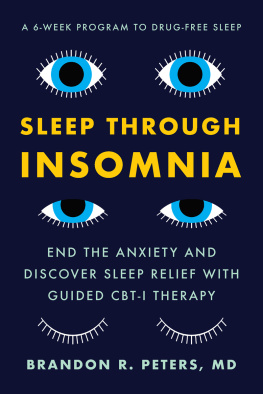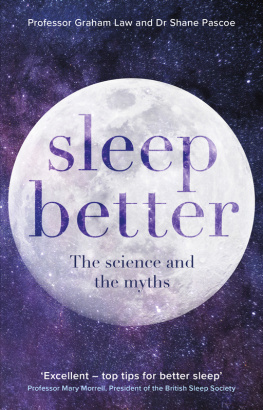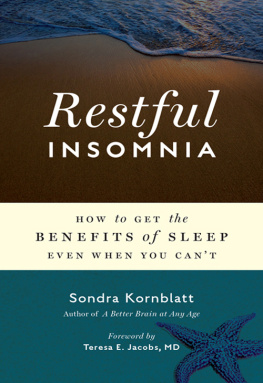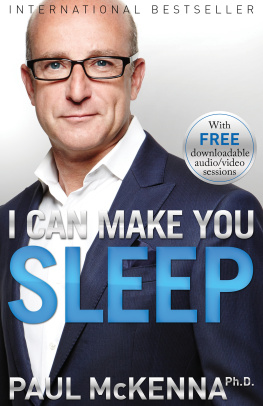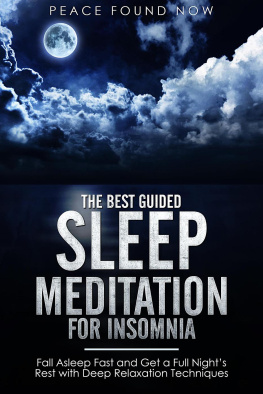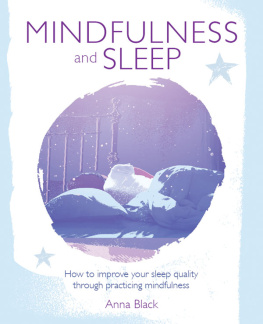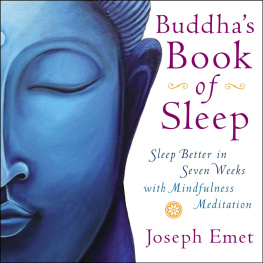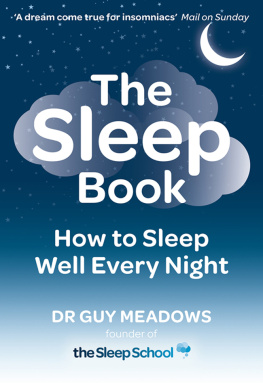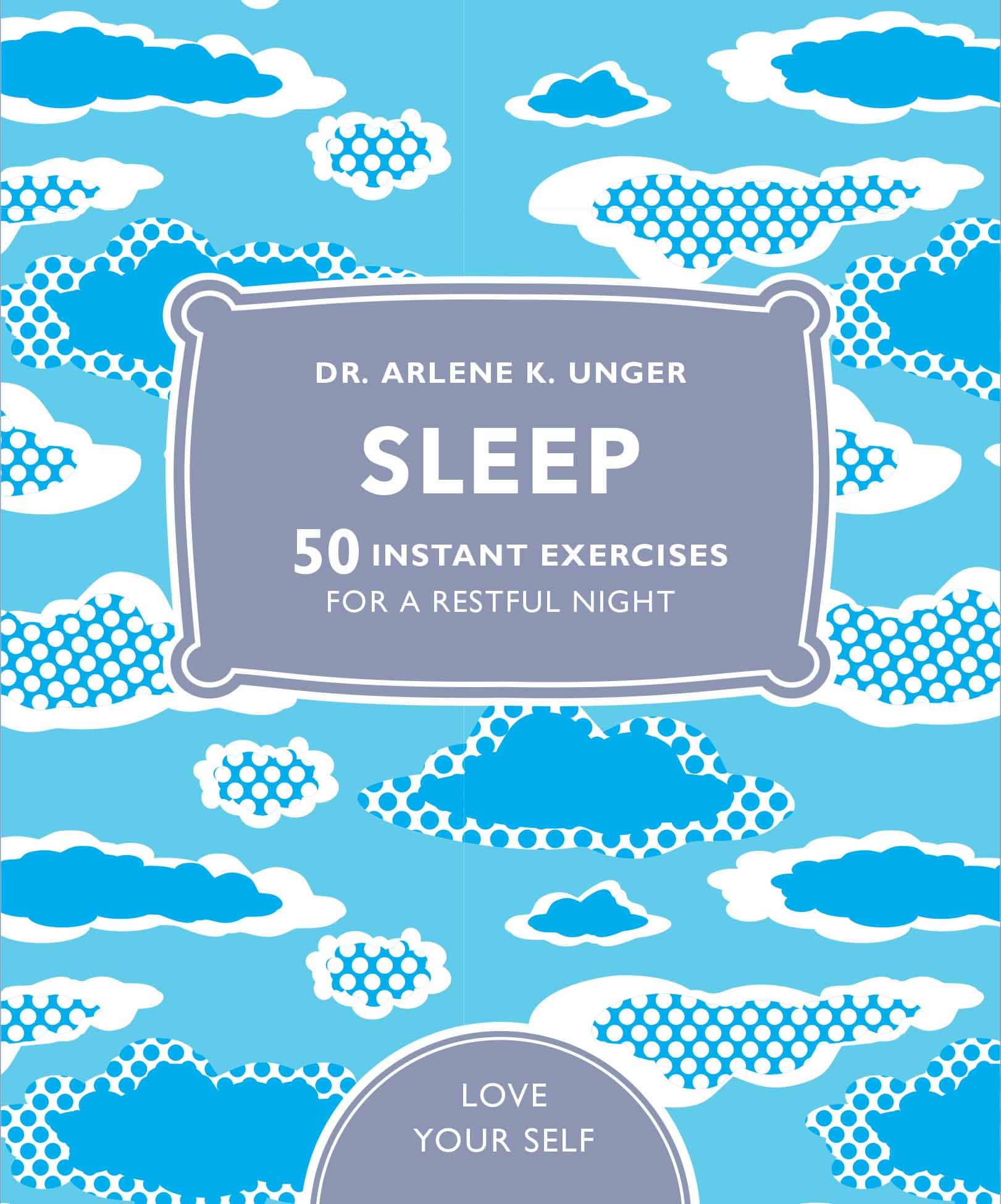We are primed to ensure that we get sleep when we need it. To put it another way, the human body is designed to read signals in the external world, and to relay them to the brain in a way that makes us feel sleepy. Our internal messenger is melatonin, a hormone that is secreted when we find ourselves in darkness. The effect of melatonin is not just to send us to sleep at regular intervals, but also to align our body clocks with the onset of night-time. All other things being equal, we sleep when it is dark, and wake up when it gets light (because daylight turns off the production of melatonin). We can override this hormonal signal if we want to but if we keep going against the natural sleep pattern, this tends to have an impact over time. Shiftworkers are notoriously prone to sleep problems; and modern technology, which permits us to spend our evenings in brightly lit rooms or staring at bright screens, is at the root of many a sleep disorder.
Sleep strategies
The good news is that sleep problems are treatable. It need not be a question of taking medication (though that may sometimes be appropriate); more often than not, all that a person suffering from sleep problems needs is a range of strategies to deal with disturbances when they occur.
This book contains 50 such strategies. Many of these involve visualisations. Professional sports people have long used a literal form of visualisation: they try vividly to see themselves making that hole in one, or scoring that penalty, before actually having to do it. As for the rest of us, recent brain studies support the notion that mental imagery has a positive effect on our ability to plan, perceive, focus and control our actions.
The exercises in this book are drawn from three psychotherapeutic techniques. They are emotional brain training, cognitive behavioural therapy and mindfulness-based stress reduction, which can be successfully used in conjunction with each other.
When to see a doctor
Many sleep problems can be resolved by self-help measures such as those outlined in this book. But if your sleep problems continue or if you experience loud snoring, acid reflux, restless legs, sleep talking, sleepwalking or other symptoms when you are asleep, consult a doctor for individual advice. Sleeping difficulties can be a symptom of other health problems, which may need medical attention.
THE FIVE STAGES OF SLEEP
Sleep is not a uniform state of being, but a cycle of five different stages. This cycle takes about 90 minutes to complete, so we go through the sleep cycle four to six times a night. These are the stages:
Light sleep: at the start of the cycle. Muscle activity decreases, but twitching may occur. Light sleep is when we are most likely to wake up.
Real sleep: when we become properly unconscious, and so are disconnected from our physical environment. Breathing and heart rate are regular, but body temperature begins to fall.
Deep sleep: when the body is totally relaxed, and blood pressure drops. We might be unresponsive to noise or other external activity. At this stage our brains produce delta waves, a kind of high-amplitude brain activity. These are known to stimulate growth hormones and are thought to be instrumental in the formation of memories during sleep.
Restorative sleep: when our heart and breathing rate is at its lowest. Hormones are secreted that promote cell growth and muscle development; this is when the body repairs itself. Experiments have shown that wounds heal more quickly during sleep than wakefulness.
REM sleep: when our eyes dart back and forth beneath the lids REM stands for rapid eye movement and we appear to be watching some kind of scene. As indeed we are, since REM sleep is when we dream. If we wake during REM sleep we can usually recall the content of the interrupted dream. If we are woken at other points in the cycle, we usually have no memory of having dreamed.

Emotional brain training
According to emotional brain training (or EBT), many of the things that cause us stress are located in what practitioners call the emotional brain. Emotional brain training teaches that it is possible to identify and rewire negative feelings and return to more positive feelings through a process known as cycling and through self-regulation. With sleep issues, emotional brain training aims to dampen negative emotional stress while encouraging people to find reward in being still and letting the body heal through the night. Emotional brain training also confronts the self-defeating patterns that might keep a person from pursuing healthy exercise, diet and lifestyle, all of which promote better sleep.
Positive affirmations
Throughout the book youll find a number of positive affirmations. These are short phrases that you can repeat in order to reinforce a message in your subconscious mind and which encourage you to develop positive perceptions of yourself.
Cognitive behavioural therapy
This therapy (often referred to as CBT) is used to treat a wide range of problems depression, addiction, anxiety by giving patients incremental steps toward positive changes. Its main function is to help people understand how their thoughts and emotions impact their behaviour. By identifying and modifying dysfunctional patterns of thinking and feeling, patients learn to positively influence their behaviour. Cognitive behavioural therapy improves sleep by showing people how to replace negative thoughts with positive ones, and by changing pre-bedtime habits. It also teaches stress-reduction techniques and promotes a healthy lifestyle.
Mindfulness-based stress reduction (MBSR)
This therapy combines mindfulness meditation with yoga-related teachings. Mindfulness is derived from Buddhist thinking, but in its modern form it is non-spiritual. It is a method for observing ones mental patterns and behaviours in a detached, interested way. Mindfulness means focusing totally on what is happening now, because the now is all there is (the past is gone; and the future hasnt happened). It also means not forming judgements about oneself (Im doing it wrong, Im so dumb). Mindfulness-based stress reduction can reduce stress in people who are too overwhelmed, worried or depressed to sleep.


